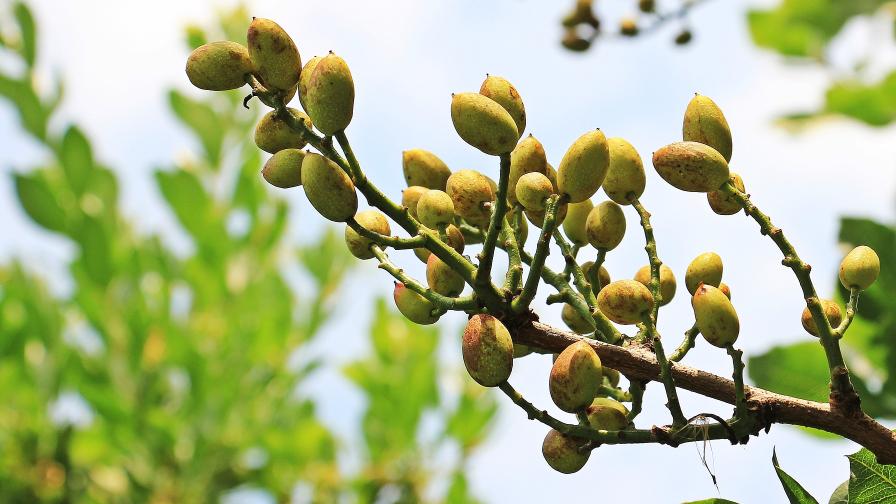Cantaloupe Growers Criminally Charged In Listeria Outbreak
Brothers Eric and Ryan Jensen of Jensen Farms were charged by the U.S. Attorney’s Office in Denver, CO, with “six counts of introducing adulterated food into interstate commerce and aiding and abetting,” according to ABC 7 News, the DenverChannel.com.
The brothers were released on a $100,000 unsecured bond. The trial is tentatively scheduled to start on Dec. 2, according to the Denver news report.
In 2011, listeria-tainted cantaloupe killed 33 people and hospitalized 147 across the country. In October of 2011, FDA confirmed the outbreak of Listeria monocytogenes in whole cantaloupe was from a single grower-shipper in Colorado, Jensen Farms, and was a result of the unsanitary practices in the packing shed.
After the news was released, American Vegetable Grower (AVG) asked some industry members for feedback on the issue.
Robert J. Whitaker, Produce Marketing Association (PMA)‘s Chief Science & Technology Officer said: “This is one of the first times that we have seen criminal action stem from a food borne illness outbreak. We have always known that it was a possibility, because the FDA’s Food, Drug and Cosmetic Act prohibits the introduction of adulterated product into commerce. To assist our members and protect public health, PMA places a high priority on food safety issues. We have invested heavily in the Center for Produce Safety, we are working hard to shape the currently proposed FSMA rules, and we continue to work with our members on education and training to prevent and minimize any future outbreaks associated with produce.”
Jim Sulecki, Meister Media Worldwide’s Corporate Content Director wrote: “If growers are held accountable for every lapse in food safety, we may find fewer and fewer candidates willing to join the occupation. (And the Jensens, ages 37 and 33, regrettably are part of the next generation of farmers.) Draconian liability placed on agricultural producers could lead to increased import of fresh fruits and vegetables from other countries, where production of safe food is often less guaranteed than it is here in the U.S. It could also help to kill the ‘locally grown’ movement among consumers just as it’s beginning.” Read the full article
Would you like to give us your feedback? Please write in the comments area below or contact AVG’s Editor Rosemary Gordon at [email protected]









